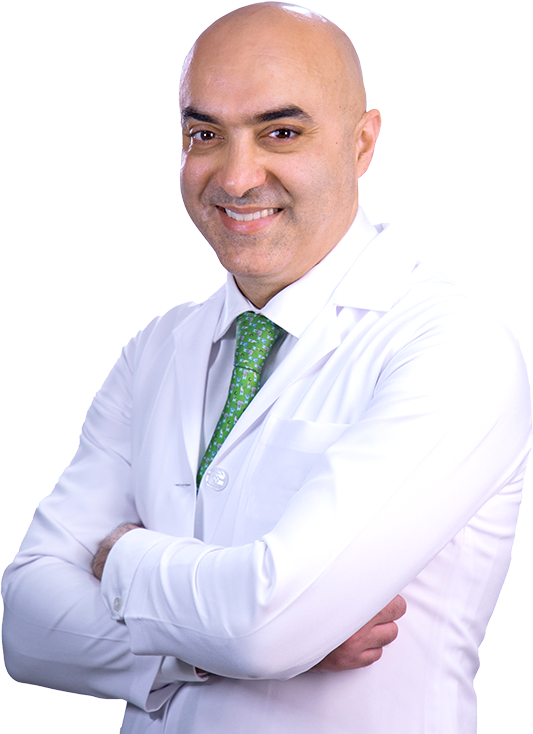Structural Heart Disease
What is Structural Heart Disease?
Structural heart disease refers to abnormalities in the heart’s structure that affect its function. Unlike functional heart diseases that impact the heart’s electrical system, structural heart disease directly affects the physical makeup of the heart. This means there are abnormalities in the heart’s structure, such as its chambers, valves, or walls. For example, a heart valve might not open or close properly, or a chamber might be enlarged or misshapen. These structural changes can disrupt the heart’s ability to pump blood efficiently, leading to various symptoms and complications.

When Does Structural Heart Disease Develop?
Structural heart defects can be categorized into two main groups:
- Congenital Heart Defects: These are present at birth and occur due to abnormalities in the heart’s development during fetal life.
- Acquired Heart Disease:
These conditions develop later in life and can be caused by various factors, including coronary artery disease, high blood pressure, infections, or autoimmune disorders.
Common Types of Structural Heart Disease
Valvular Heart Disease(VHT)
This involves problems with the heart’s valves, which control blood flow between the heart’s chambers and to the body. Valves may become narrowed (stenosis), leaky (regurgitation), or stiff.
Congenital Heart Defects
These are structural abnormalities present at birth, affecting the heart’s chambers, valves, or blood vessels. Examples include septal defects (holes in the heart), patent ductus arteriosus (an abnormal blood vessel connection), and tetralogy of Fallot (a complex defect involving multiple heart structures).
Cardiomyopathies
These conditions weaken and enlarge the heart muscle, affecting its pumping ability. Types include dilated cardiomyopathy, hypertrophic cardiomyopathy, and restrictive cardiomyopathy.
Aortic Aneurysm
A bulge in the aorta, the main artery carrying blood from the heart, can weaken the vessel wall and increase the risk of rupture.
Advanced Treatments for Structural Heart Disease
The UAE offers cutting-edge treatments for structural heart disease, many of which are minimally invasive. These procedures include:
Valve Repair or Replacement
Procedures to restore normal valve function, either through surgical or minimally invasive techniques. These techniques include mitral valve repair, tricuspid valve repair, and aortic valve repair.
Septal Defect Closure
Closing holes in the heart’s chambers using small devices.
Cardiac Resynchronization Therapy (CRT)
Implantable Cardioverter-Defibrillator (ICD)
A device implanted in the chest to correct irregular heart rhythms.
Heart Transplantation
Why Choose Structural Heart Disease Treatment in the UAE?
Expertise
Dr. Mazen brings a wealth of experience and specialized knowledge in diagnosing and treating complex structural heart conditions all the way from the United States to the UAE.
Personalized Care
Advanced Technology
Minimally invasive procedures for optimal outcomes.
Compassionate Care
A supportive and patient-centered approach throughout your treatment journey.
Proven Results
General FAQs
Individuals with symptoms such as shortness of breath, chest pain, fatigue, or palpitations may require evaluation for structural heart disease. Early diagnosis and treatment are crucial.
Treatment duration varies depending on the specific condition and chosen procedure. Minimally invasive options often involve shorter hospital stays and recovery periods compared to traditional open-heart surgery.
The cost of structural heart disease treatment can vary based on the complexity of the procedure.
When seeking treatment for structural heart disease, look for a cardiologist with expertise in advanced cardiac procedures. Consider factors such as experience and expertise. Early consultation is strongly advised. For timely assistance, please contact us with any questions or concerns.
Secure Your Path to Better Heart Health!

